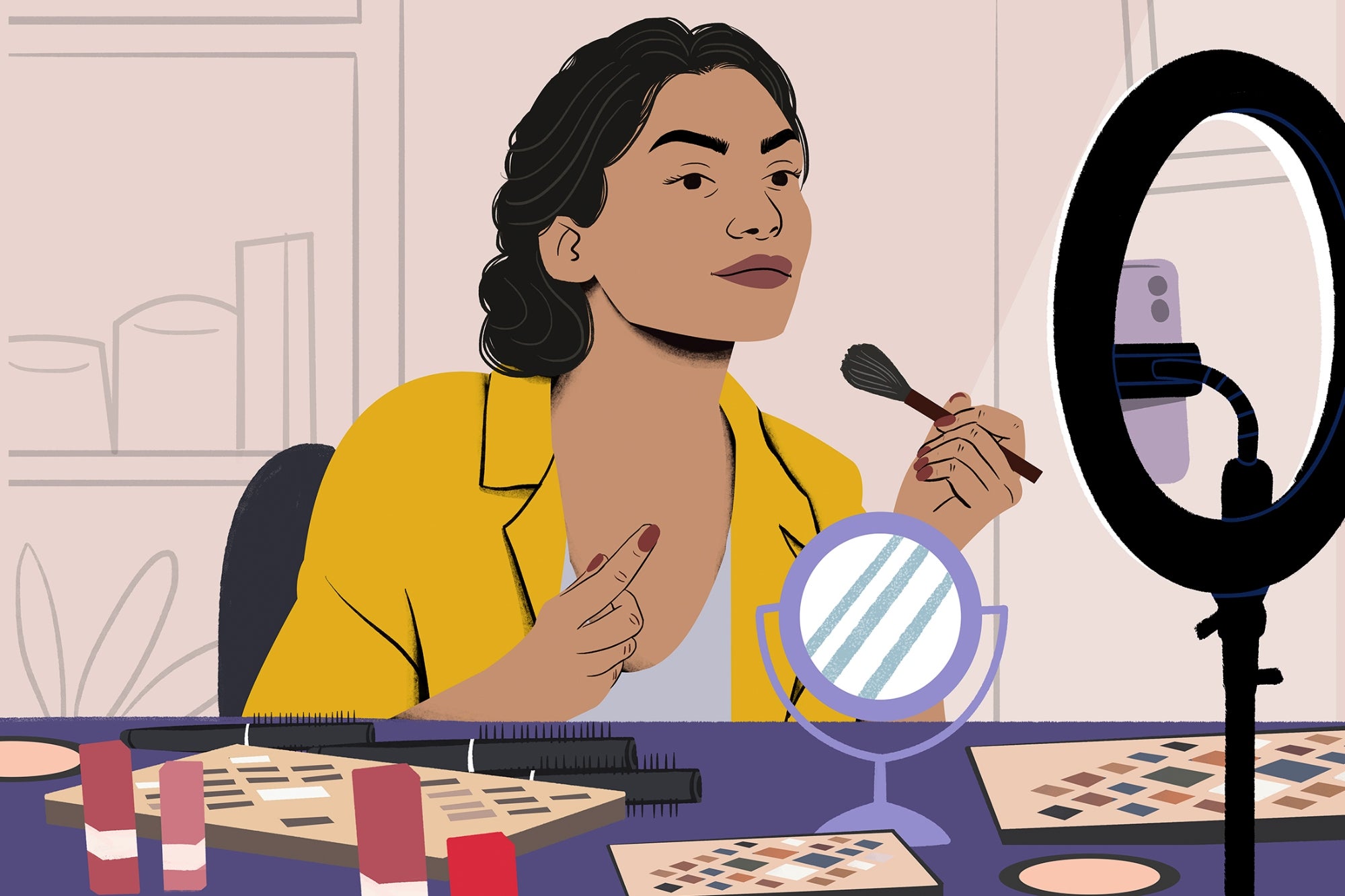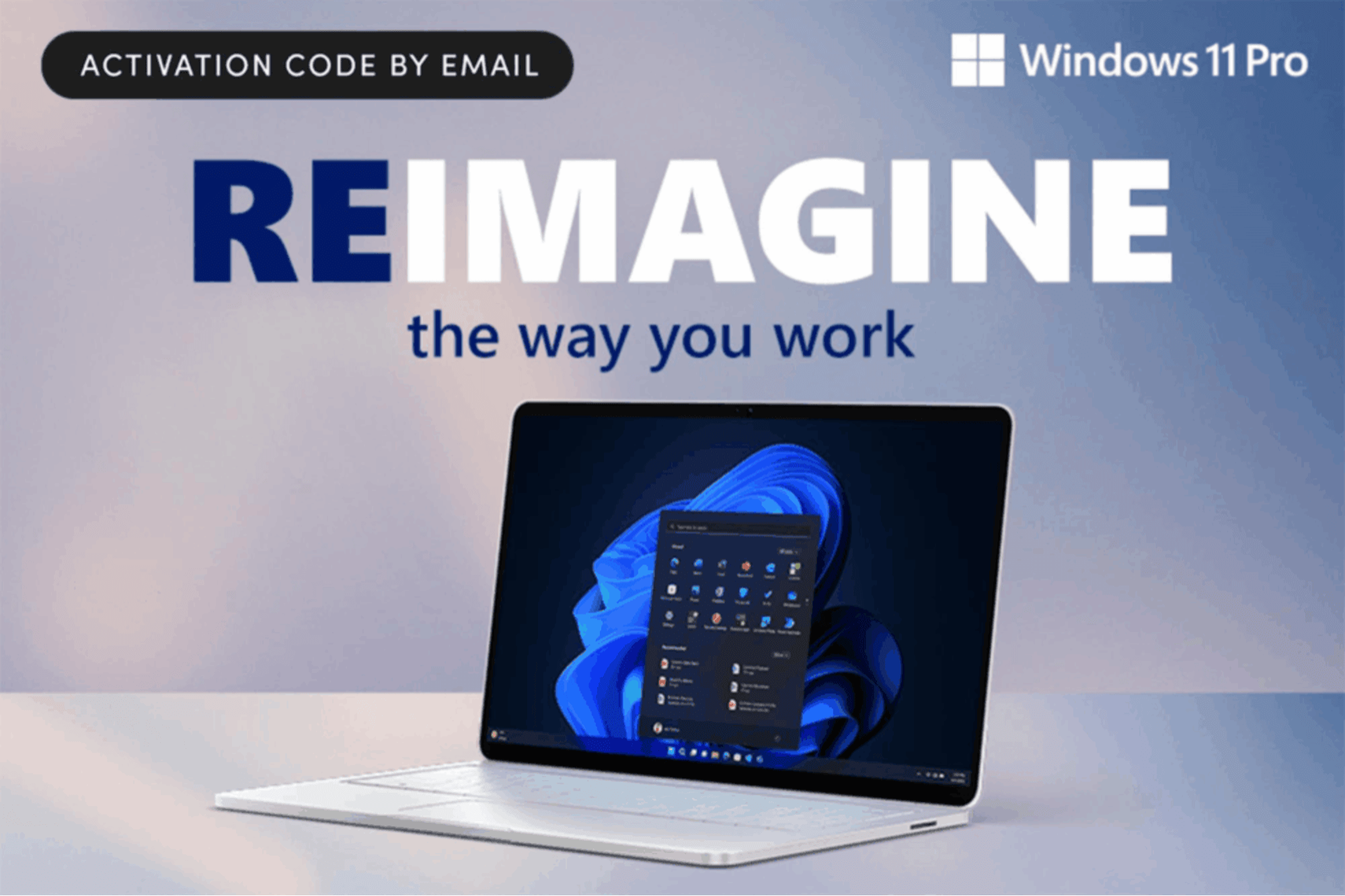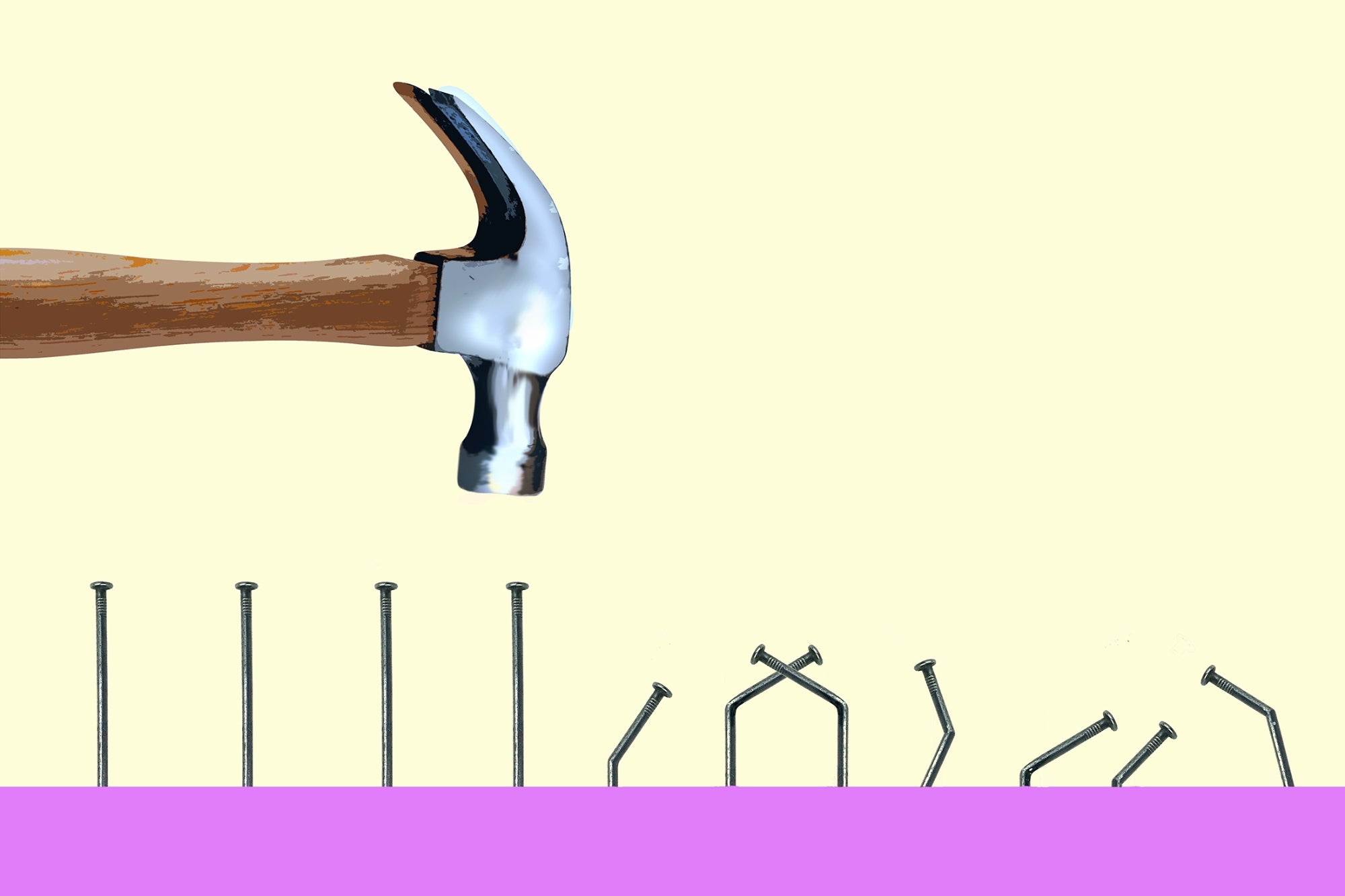Opinions expressed by Entrepreneur contributors are their own.
It’s not enough to have a great business idea that you think can be scaled up and replicated as a franchise. Your great idea must be a proven success, with a track record spanning at least a year. The whole idea of buying a franchise is that the company has figured things out and made most of the mistakes already, so you don’t have to. The McDonald brothers had a winning new idea for serving hamburgers quickly and inexpensively, but what if they had just started franchising their restaurant without first coming up with a consistent menu and processes that would succeed anywhere a restaurant was built? Instead of buying franchise rights from the brothers, Ray Kroc might have passed right by them and looked for another golden opportunity.
Not every business is going to go from a successful independent to a thriving franchise. The best way to determine if your business is franchisable is to bring in an experienced third party who can meet with the founder and conduct a comprehensive assessment to evaluate the business’s viability. Passing that test is the first step in a lengthy and detailed process.
My story is very different from others in the franchise industry; I was raised in it. My dad, Roy Titus, started Minuteman Press, and I worked there for years before the two of us started Signarama. I was 23 years old, running a sign shop on Long Island for a year and then we opened another location in Florida to prove it could work outside New York. We founded Signarama with a plan to start franchising once we proved the business model worked and learned a lot of the lessons needed to franchise.
Even with all I already knew about franchising, it still took about three years before we could consider Signarama a successful franchise. Here’s some of what I’ve learned:
Related: Considering franchise ownership? Get started now to find your personalized list of franchises that match your lifestyle, interests and budget.
Document everything
Write down how you did everything, who was in charge, problems that arose and how you solved them — anything that goes into the operation. This will ultimately lead to the creation of an owner’s manual and training agenda.
Don’t DIY it. Bring in an experienced executive or team. You will need a new website, audited financials, and an understanding of a myriad of issues: how to sell locations to franchisees; how to train, set up, and support them; how to collect royalties and so much more. It can be overwhelming if you don’t hire someone to help walk you through it all. It can take 90 to 180 days for an outside company to complete the process from start to finish—and a full year if you try to figure everything out and do it yourself. Even then, it may not be right.
Know your numbers and your market. As you monitor your business for franchise potential, make sure you have a strong profit and loss statement to show. Research your competitors and find out what differentiates you from them. This is another good reason to work with an experienced team; they can assist with market research and help find the best locations for your specialty.
Consult a qualified attorney
Consult an attorney for all legal paperwork. The required filings are highly detailed and take a lot of time and expertise to prepare, especially if you will be operating in several states with different regulations. It’s best to hire a professional for requirements like the franchise disclosure document, which enables the company to operate in all the states where you want to do business. We get a lot of clients who have had their documents done by someone else, and we have to correct or tweak a lot of them. My advice is to do it right the first time and pay a little more to a company that has done it before.
Money is not the only object. The cost of franchising varies, ranging from attorneys who will perform individual tasks for $15,000 or $20,000 to companies that specialize in it and charge $50,000 to $125,000 for the entire package. Don’t use price as the only factor in whom you hire; “you get what you pay for” applies here. Elements of the packages also vary greatly, as some will provide new websites, produce videos, secure trademarks and include other services in their fees.
Related: After Decades of Hard Work, This Couple Is Living the Entrepreneurial Dream. Here’s How They Achieved Generational Wealth
Make the commitment
No business runs itself, and that includes franchises. Even those owned by the franchisor will not run themselves. Either do it 100% or have a manager in charge. Franchising is a different business than the one you’re in, even though it might be in the same industry. A full commitment is needed. Above all, remember that you will only be as good as your franchisees. Your customer is not the person who comes into one of your stores or restaurants; it’s the person running that location. When they are successful, you are successful.
It’s not enough to have a great business idea that you think can be scaled up and replicated as a franchise. Your great idea must be a proven success, with a track record spanning at least a year. The whole idea of buying a franchise is that the company has figured things out and made most of the mistakes already, so you don’t have to. The McDonald brothers had a winning new idea for serving hamburgers quickly and inexpensively, but what if they had just started franchising their restaurant without first coming up with a consistent menu and processes that would succeed anywhere a restaurant was built? Instead of buying franchise rights from the brothers, Ray Kroc might have passed right by them and looked for another golden opportunity.
Not every business is going to go from a successful independent to a thriving franchise. The best way to determine if your business is franchisable is to bring in an experienced third party who can meet with the founder and conduct a comprehensive assessment to evaluate the business’s viability. Passing that test is the first step in a lengthy and detailed process.
My story is very different from others in the franchise industry; I was raised in it. My dad, Roy Titus, started Minuteman Press, and I worked there for years before the two of us started Signarama. I was 23 years old, running a sign shop on Long Island for a year and then we opened another location in Florida to prove it could work outside New York. We founded Signarama with a plan to start franchising once we proved the business model worked and learned a lot of the lessons needed to franchise.
The rest of this article is locked.
Join Entrepreneur+ today for access.









